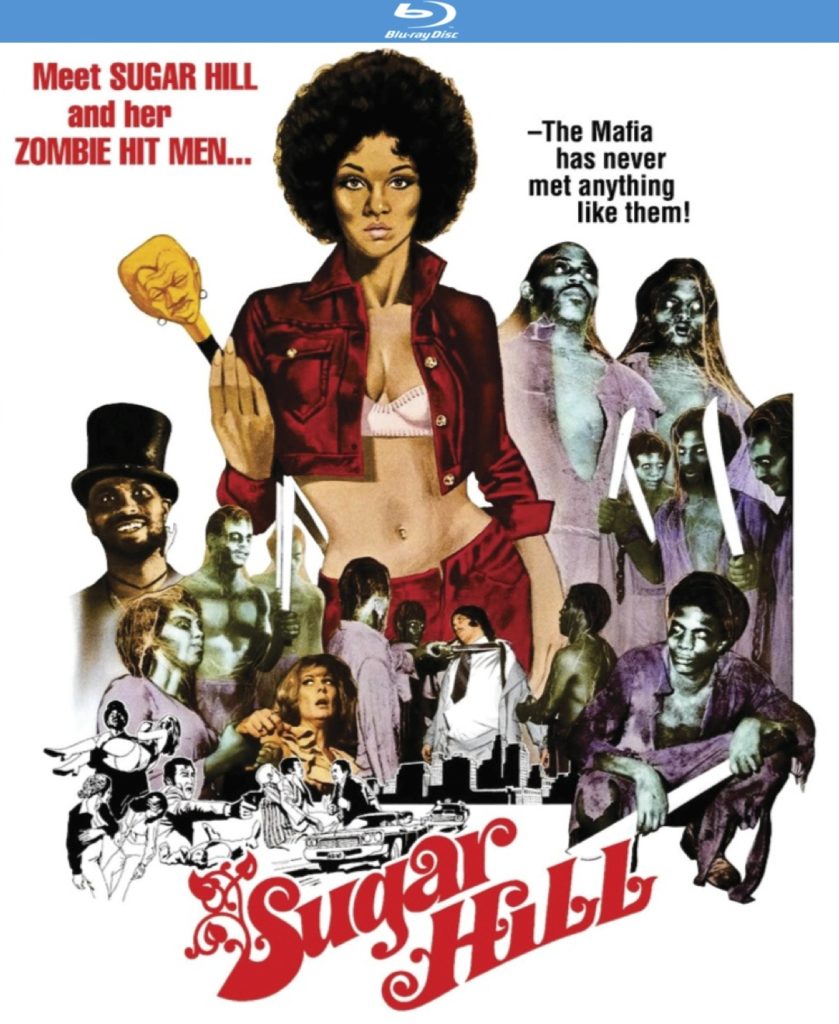Intrigued by how AI can impact my writing, I'm presenting side-by-side comparisons of past articles and their revisions made with Google's Gemini AI. Brace yourselves!
AI Version of an article that appeared here
Thursday Morning and the Devil's Rejects: A Rewritten Review
It's a crisp Thursday morning in Oxford, November 4th, 2010. The sun casts a warm glow on the fall foliage, birds chirp outside, and a train whistle echoes in the distance. I savor the last sip of coffee, watching squirrels and birds flit through the trees. But last night, a different kind of thrill played out on my screen: Rob Zombie's 2005 film, The Devil's Rejects.
Our orange tabby, Thor, nicknamed "The Fat Bastard," bounces across the living room, his belly swaying comically. Eloise, our ever-alert canine, stiffens, ears perked like radio antennas, scanning for threats. Soon, she claims Thor's abandoned spot on the couch, occasionally twitching her ears at passing cars.
Having been unimpressed by House of 1000 Corpses, I wasn't eager for its sequel. However, the earwormy "Free Bird" playing in the final gunfight piqued my curiosity. Unfortunately, the only available copy was German-dubbed with out-of-sync subtitles. Thankfully, the straightforward plot about murderous fugitives was easy to follow.
The soundtrack, featuring classic rock, was a highlight. The final sequence, with "Free Bird" playing over wide-open Texas landscapes, was visually stunning. However, the film's problems were glaring.
The characters, particularly the Firefly family, lacked depth. Aside from Captain Spaulding, played with gusto by Sid Haig, they were barely human, their psychotic rage their only interaction with outsiders. The constant violence and sadism became quickly numbing.
The film's overt misogyny was deeply disturbing. Why did every member of the Firefly clan, including the women, target females? Was it simply for their appearance? The repeated sight of blood-splattered breasts left me feeling desensitized and uncomfortable.
I cannot recommend this film. The relentless violence becomes tedious and the misogyny leaves a bad taste. It was two hours of my life I won't get back.
The physical therapy waiting room is tiny, and with more than a few people, I feel like I'm in the way. Today, four others shared the space. A large man in new sneakers read Time magazine, while another, in work clothes, animatedly talked on his cell phone, his body moving in a rhythmic dance.
It's easy to distinguish patients from those picking them up. Patients wear workout clothes, while others wait patiently. The woman in red sweats was clearly there for therapy, while the other woman had the air of a mother waiting for her child.
The morning's sunshine has given way to gray skies and rain. And once again, my furry companions have taken up strategic sleeping positions around me.




